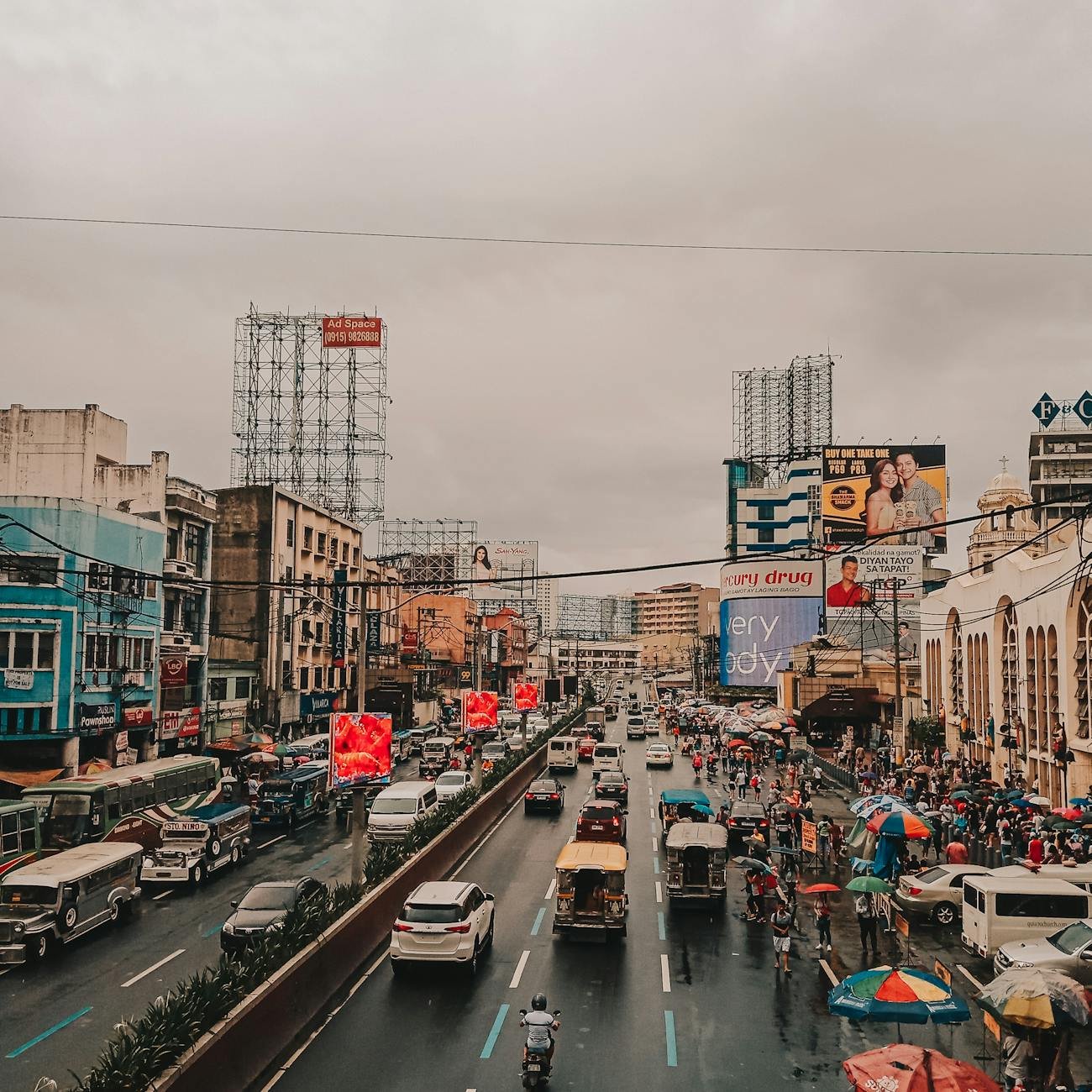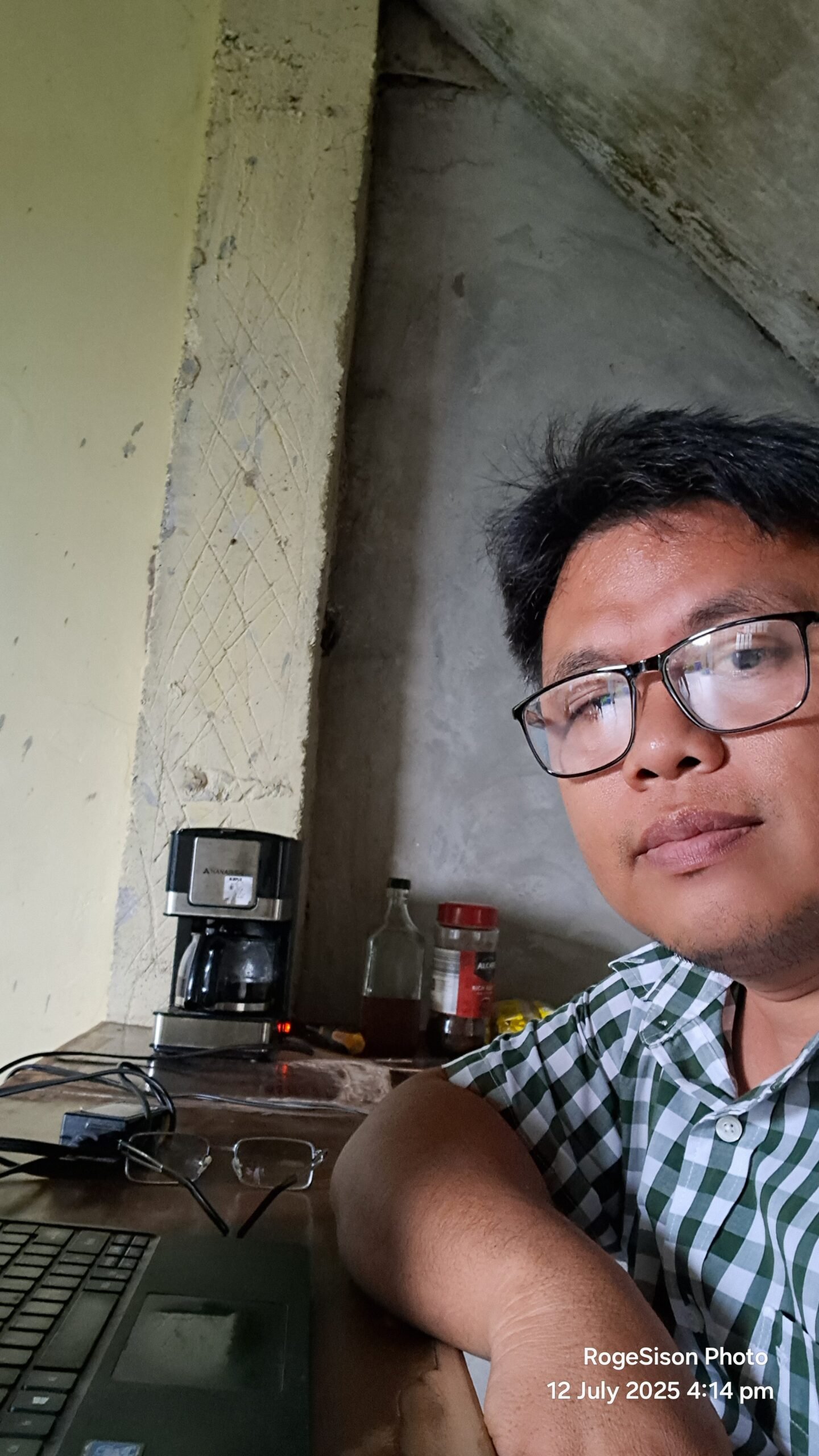
Understanding the Political Landscape of the Philippines
The political landscape of the Philippines is characterized by a rich history and a complex array of influences that shape its current governance structure. Since gaining independence in 1946, the nation has experienced numerous shifts in power, leading to the emergence of various political parties and key players. The predominant system is a presidential form of government, where the President serves as both head of state and government, supported by a bicameral legislature composed of the Senate and the House of Representatives.
The primary political parties dominating the landscape include the Philippine Liberal Party, the Partido Demokratiko Pilipino–Lakas ng Bayan (PDP-Laban), and the Nationalist People’s Coalition. Each party reflects distinct ideological orientations and interests, contributing to the dynamic and often contentious political discourse in the country. Additionally, regional and local parties often influence political outcomes, especially during elections, where alliances and coalitions frequently shift in response to the prevailing socio-economic conditions.
Electoral processes in the Philippines are complex, marked by a history of competitive elections, voter mobilization, and occasionally, political unrest. The Commission on Elections (COMELEC) oversees the conduct of elections, but challenges such as election-related violence and accusations of fraud often mar the integrity of the electoral process. This atmosphere of mistrust is exacerbated by a variety of socio-economic factors, including poverty and inequality, which can influence voter behavior and party alignment.
Significant political events, such as the EDSA People Power Revolution in 1986, have reshaped public perception and trust in the political system. Such events not only signified a rejection of authoritarian rule but also highlighted the role of civil society in advocating for democratic governance. As we explore the impact of dirty politicking within this framework, it is essential to acknowledge the historical context that has allowed such practices to proliferate, undermining public trust and shaping the socio-economic landscape of the Philippines.
Defining Dirty Politicking: Tactics and Strategies
Dirty politicking in the Philippines encompasses a range of unethical tactics and strategies employed by politicians to secure power and influence. This practice is fundamentally characterized by acts that prioritize personal gain over the welfare of the populace and the integrity of democratic systems. Among the most prevalent methods of dirty politicking are corruption, nepotism, vote-buying, and the dissemination of misinformation.
Corruption in political spheres manifests through bribery, embezzlement, and the misallocation of public resources. Politicians may leverage their positions to siphon off government funds for personal benefit, thereby undermining public trust and damaging socio-economic structures. Nepotism, another significant tactic, involves favoring relatives or close associates in political appointments or contracts, thus perpetuating a cycle of privilege that obstructs equal opportunities for merit-based governance.
Vote-buying represents a particularly detrimental aspect of dirty politicking, where financial inducements are offered to sway voters’ preferences. This practice not only distorts electoral outcomes but also fosters a culture of dependency, undermining the voters’ agency and reinforcing a patron-client network far removed from democratic ideals.
The role of misinformation cannot be overlooked, as it plays a crucial part in shaping public opinion and manipulating electoral narratives. Through deceptive campaigning, false promises, and selective dissemination of facts, politicians create a disoriented electorate that may be swayed by allure rather than informed decision-making.
Notorious incidents exemplifying these strategies can be encountered throughout the country’s history, each serving as a stark reminder of how such practices erode the foundations of democracy. The interplay of these tactics culminates in an entrenched cycle of power abuse that not only affects political stability but also has far-reaching implications for the socio-economic landscape of the Philippines.
Socio-Economic Implications of Dirty Politicking
Dirty politicking, characterized by corrupt practices and unethical behavior in governance, has significant socio-economic implications for the Philippines. At its core, such corruption undermines economic growth and development, as funds that could otherwise be allocated for public services are misappropriated. This misallocation directly affects essential services like healthcare, education, and infrastructure, which in turn exacerbates poverty and inequality among the populace.
Evidently, a study conducted by Transparency International highlights that countries with high levels of corruption experience slower economic growth. In the context of the Philippines, corruption has resulted in billions of pesos being lost to kickbacks and graft, significantly hampering public investments in critical sectors. Such financial losses diminish the government’s capability to improve standards of living and to offer necessary support to its citizens.
Moreover, dirty politicking often leads to a culture of patronage, where resources and opportunities are distributed based on political allegiance rather than merit. This entrenched system promotes social inequality, marginalizing those who are not connected to the political elite. According to data from the World Bank, the disparity in income distribution has been linked to political corruption, which limits economic mobility and perpetuates cycles of poverty.
The overall quality of life in the Philippines suffers due to the political corruption permeating local governance. Citizens experience inadequate public services, health crises, and diminished trust in institutions. The ripple effects are evident, as investment inflows are stymied by the perception of an unstable political landscape rife with corruption. Foreign businesses hesitate to commit capital to a market perceived as risky, further slowing economic progress.
In essence, the long-term societal consequences of a political culture steeped in dirty politicking reveal a troubling trend: corruption is not merely a political issue but a significant obstacle that shapes the socio-economic landscape of the Philippines, with detrimental effects that can last for generations.
Towards a Reformed Political System: Ideals and Solutions
The issue of dirty politicking in the Philippines has significantly compromised the integrity of governance, adversely affecting the socio-economic landscape of the nation. To move forward, it is essential to envision a reformed political system that prioritizes transparency, accountability, and public trust. One of the fundamental reforms necessary is the implementation of comprehensive electoral reforms, including stricter campaign finance regulations. Establishing limits on campaign contributions and enhancing disclosure requirements can help reduce the influence of money in politics, thereby curbing corrupt practices.
Increased accountability measures are also critical. Adopting frameworks for monitoring and evaluating government performance can equip citizens with the necessary tools to hold elected officials responsible for their actions. The establishment of independent anti-corruption bodies, equipped with the authority to investigate and prosecute instances of misconduct, could foster a culture of compliance and discourage errant behavior among public servants.
Grassroots movements should be encouraged to promote civic engagement and increase awareness of political issues. By mobilizing communities, these movements can create pressure for reform and demand greater transparency from public officials. Furthermore, fostering alliances among non-governmental organizations will enhance advocacy efforts, pushing for systemic changes aimed at eradicating dirty politicking.
Examining successful reforms from other countries can provide valuable insights for the Philippines. For instance, nations that have implemented participatory budgeting have seen significant improvements in public trust and accountability. Such models could inspire local adaptations suitable to the Philippine context. It is crucial for the civil society sector to actively engage in advocacy for better governance practices, serving as a watchdog that promotes essential democratic values.
Through collective efforts focused on reform, there lies an opportunity to enhance the political environment in the Philippines. The path towards a healthier political system requires unwavering dedication and a commitment to transparency, which are instrumental in restoring trust among the populace.



